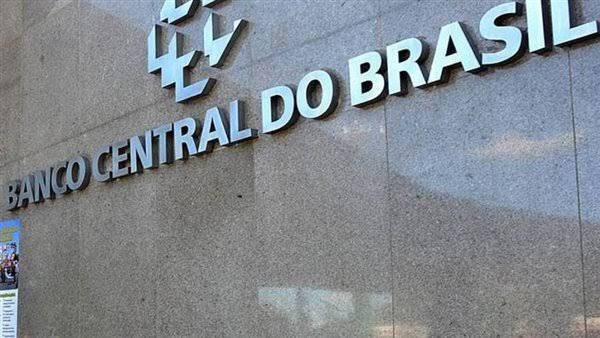Data from the Central Bank of Brazil showed that the Brazilian economy ended the third quarter in negative territory, retreating from a performance that was surprisingly positive due to the boom in the agricultural sector.
The IBC-Br index, a key indicator of GDP, recorded a seasonally adjusted decline of 0.64% in the third quarter.
This followed a decline of 0.06% in September compared to August, in contrast to the monthly expansion of 0.2% expected by economists polled by Reuters.
On a non-seasonally adjusted basis, IBC-Br grew by 0.32% during September 2022 and expanded by 2.50% in 12 months.
Finance Minister Fernando Haddad had already drawn attention to the “very bad” third quarter, attributing this to higher borrowing costs and lower commodity prices compared to the same period last year, factors affecting the performance of companies and, consequently, tax revenues.
The Ministry of Finance last estimated GDP growth at 3.2% for this year after a strong performance in the first half, and the figure is expected to be revised next week.
Meanwhile, private economists surveyed by the central bank’s weekly survey predicted a 2.89% increase in GDP for this year.
Latin America’s largest economy had previously boomed thanks to the strength of agribusiness and extractive industries this year. This support was also supported by measures implemented by the government of President Luiz Inacio Lula da Silva to boost household disposable income, thereby stimulating domestic demand.


















